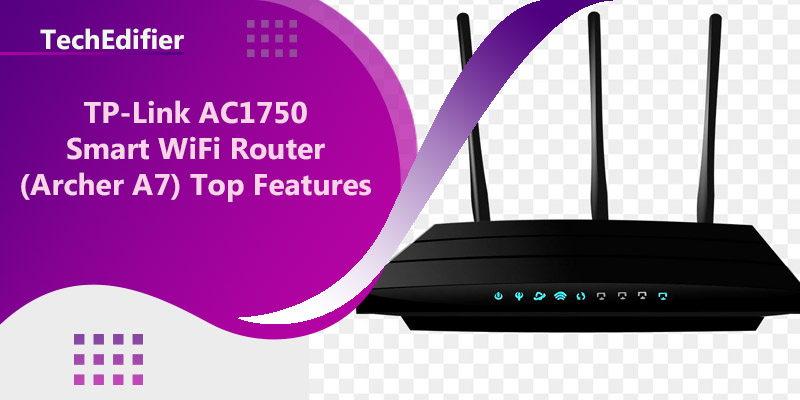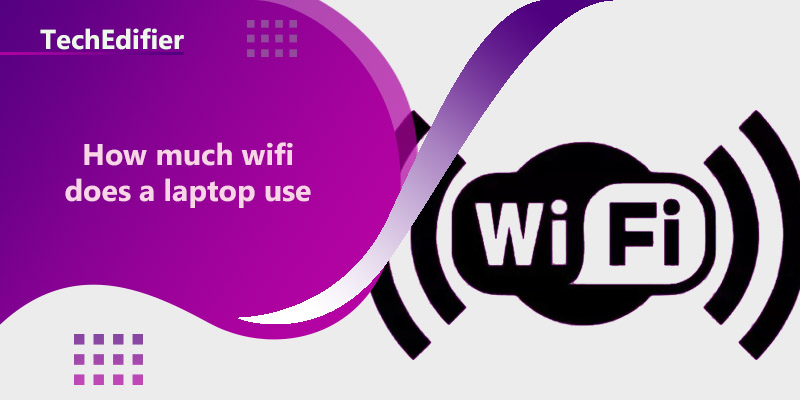Mesh Wi-Fi is probably something you are hearing more and more about, especially since some of the big players in home networking equipment have gotten involved. If you are looking to install a mesh network in your home or you are looking to learn a little bit more about it, here are some pros and cons of the technology.
What is a mesh network?
Mesh networks are a more advanced option and come with an interesting design that allows data to leak between relays. To reach a specific destination, it skips a central hub, so instead of having a single access point for all devices, a mesh network can consist of multiple relays that connect and can quickly direct traffic between devices.
Wireless Mesh Network Disadvantages
Let us take a look at the cons problem in a mesh network.
1. Every link or hop between routers will decrease the bandwidth by half, happening because wireless links can do one thing at a time; transmit or receive in a long chain of mesh links, resulting in a slow connection from end to.
2. The mesh network lacks advanced features designed to be extremely consumer-friendly. Some of the current mesh systems are lacking in features that power users might want, including things like changing the DHCP, IP adding custom DNS, or even running both the 2.4 gigahertz and 5 gigahertz band network.
3. If you are buying a mesh system, and expecting it to maintain the same internet speeds across your whole home, you will get disappointed. The wireless signal degrades the further it gets from the point of origin.
4. Even with mesh, the signal starts at one node, with the others having to pick that signal up and amplify it as it rebroadcasts, the only way to get the best speeds throughout your whole home is to install a wired network access point.
5. The cost of adopting Mesh Topology is greater than others owing to the large necessity of multiple pieces of equipment.
It cannot function properly unless you have all of the essential gear, wiring, internet bandwidth, and so on.
6. Adding more nodes is straightforward once it is operational, but the initial procedure is difficult and time-consuming.
7. Because Mesh Topology can accommodate a huge number of networks, there is a high possibility of duplicate connections being established.
8. Mesh Topology lacks the computing power to handle data exchanges promptly, as a result, there are several latency difficulties.
Wireless Mesh Network Advantages
The only fair would be if we mentioned the goods too.
Mesh Wi-Fi systems are the same as regular routers and extenders when it comes to functionality, but they look a lot better than traditional routers and extenders, which may encourage you to keep them out in the open instead of in a closet where Wi-Fi signals can get muffled.
One of the main positives to a mesh Wi-Fi system that gets advertised is better coverage throughout your home, you are no longer relying on a router in one spot broadcasting signal throughout the entire building but instead, a network of nodes all working together, placing nodes throughout your home provides better overall coverage with less signal drop.
Ref: https://www.link-labs.com | Guidelines for Mesh Networks | WiFi extenders vs mesh networks [pros and cons]
People Are Also Reading:
👉 Top Reviews
- [Top-rated] Best pocket wifi router
- [Top-Rated] Best Motorcycle Earbuds Noise Cancelling Bluetooth
- [Top Rated] Best Bluetooth Speaker For Golf Cart – Review In 2023
- [Top Rated] Best Wifi Extender For Cox – Review In 2023
- [Top-Rated] Best Classroom Bluetooth Speaker
👉 Top Tech News
- Why internet not working on tv
- When bluetooth is on wifi is slow
- No mobile network available android
- Why will laptop not connect to wifi
- How much wireless earphones
👉 Top WiFi Routers
- What is The Best WiFi extender for Starlink Satellite Internet
- NETGEAR AC1900 Wi-Fi USB 3.0 Adapter for Desktop PC Top Features
- How to set up a time capsule to extend wireless network?
- 5 Best Mesh Wifi Router for Google Fiber
- How to Delete History from WiFi Router






